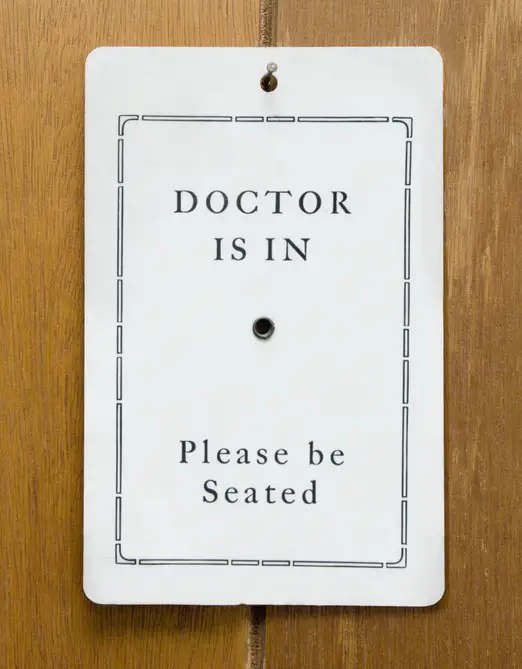Among the many remarkable things that have happened since the COVID-19 pandemic began is that a lot of our usual medical care has simply stopped.
According to a recent study, routine testing for cervical cancer, cholesterol, and blood sugar is down nearly 70% across the country. Elective surgeries, routine physical examinations, and other screening tests have been canceled or rescheduled so that people can stay at home, avoid being around others who might be sick, and avoid unknowingly spreading the virus. Many clinics, hospitals, and doctors’ offices have been closed for weeks except for emergencies. Even if these facilities are open, there’s understandable reluctance to seek medical care where an infected person may have been just before you. So which health concerns can safely wait — and which should not?
What can wait?
It’s safe to put off some healthcare for a number of weeks or months.
- Routine screening tests. For example, a mammogram may be recommended every year or two for women at average risk of breast cancer. In that situation, it’s unlikely that having that test a few months late will affect your health. Similarly, if you’re due for a screening colonoscopy because you’ve turned 50 or your last one was 10 years ago, having it a few months late is not a risky delay. For some tests, there are alternatives you could have in the meantime. For example, there is home testing available for colon cancer screening that checks the stool for blood or abnormal DNA (findings that could indicate the presence of cancer). Each person’s situation is a bit different, so if you’re due for a screening test and can’t have it due to the pandemic, call your doctor about how to proceed.
- Routine vaccinations. Usually, it’s safe for adults to briefly put off routine vaccinations. Ask your doctor which vaccinations are time-sensitive and which can wait. For example, a shingles vaccine requires a second dose within a specific window of time after the first dose.
- Routine physical examinations. If you are feeling well and you have no pressing health concerns, delaying your exam for a few weeks or months is fine. In fact, the usefulness of routine annual physical examinations has been debated for some time, so even if you skip a year, it might not matter.
- Elective surgery. A good example is knee replacement for osteoarthritis: if you had surgery planned in April, there’s a good chance it was cancelled. That might be fine if you are able to get around and can tolerate the arthritis pain with medications. Hopefully, you can reschedule within a few weeks of the original date. But some elective surgery is more urgent than others, so review the timing with your doctor.
Thank goodness for telehealth
Video conferencing and telephone visits with doctors, nurses, and other healthcare professionals have filled the healthcare void admirably. We are realizing that a lot can be accomplished without coming into the office or hospital.






